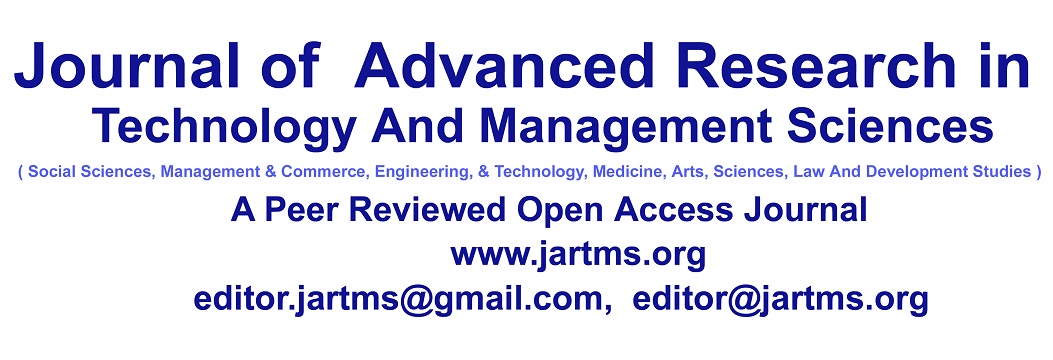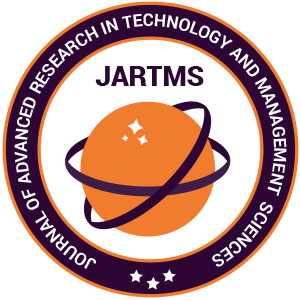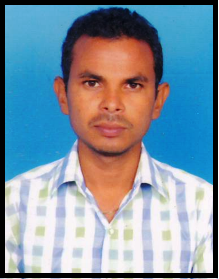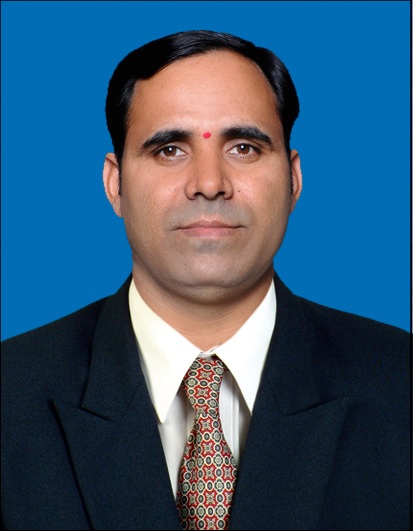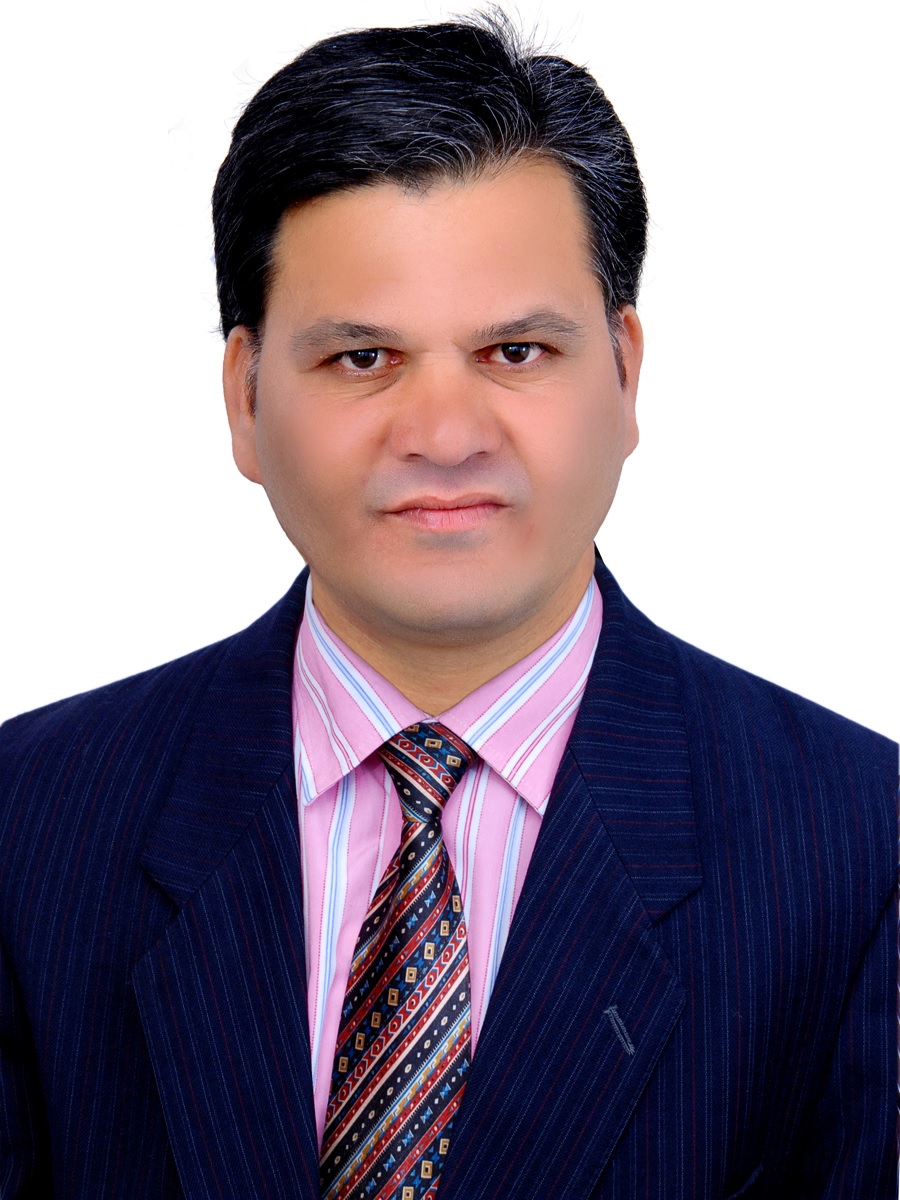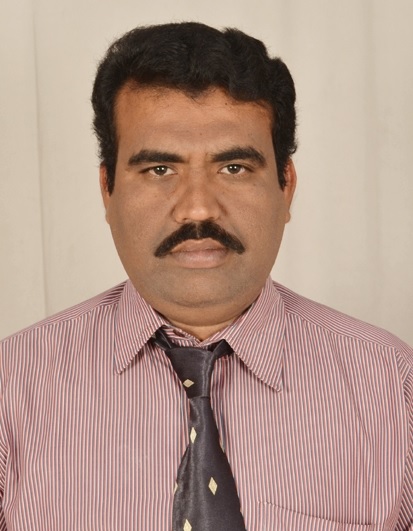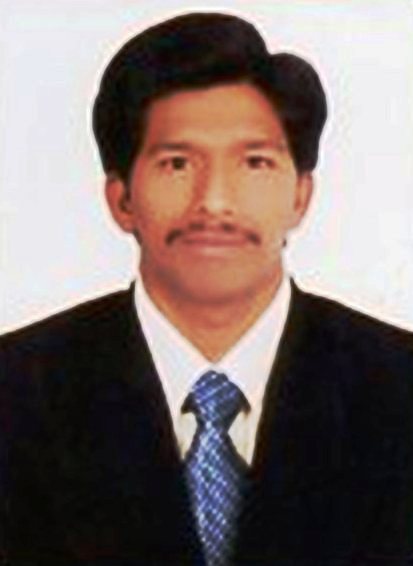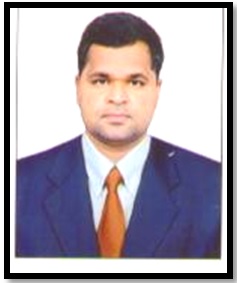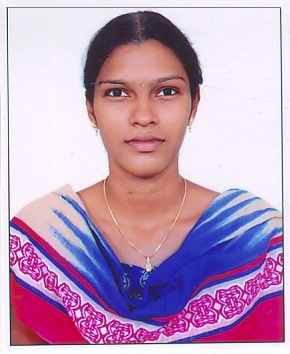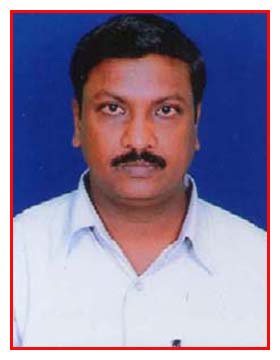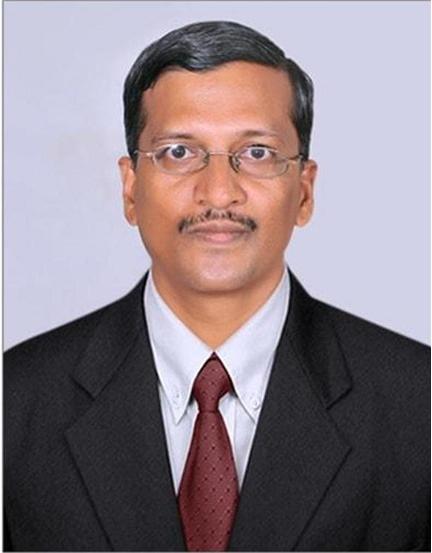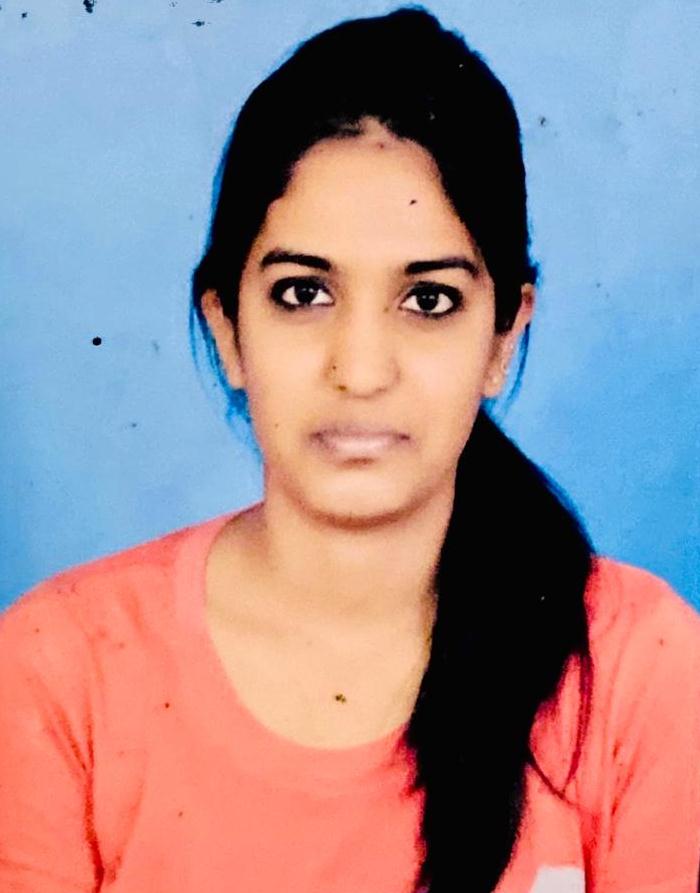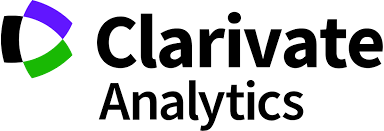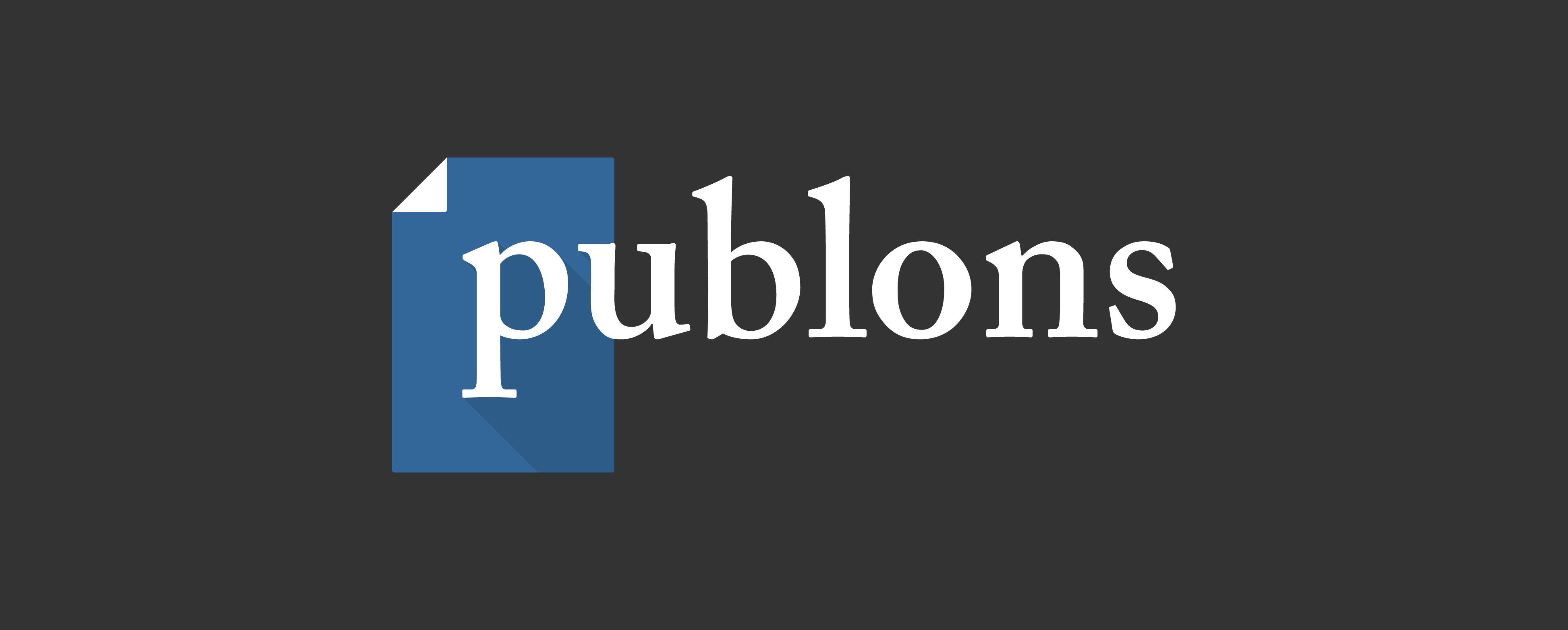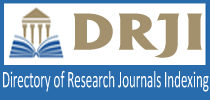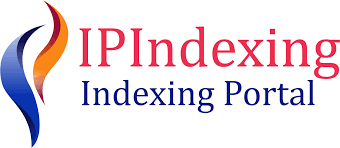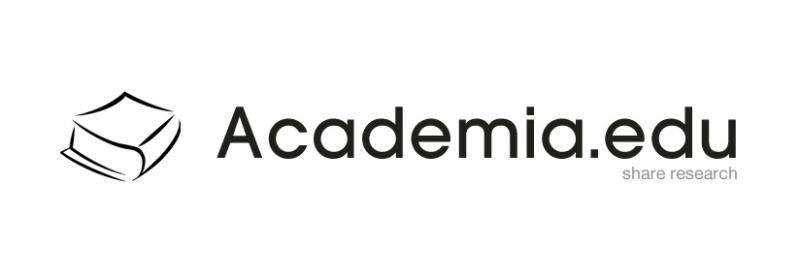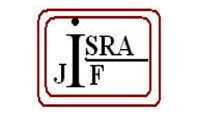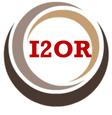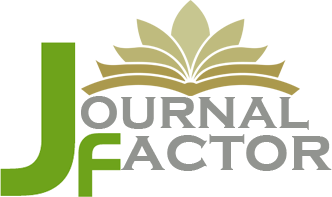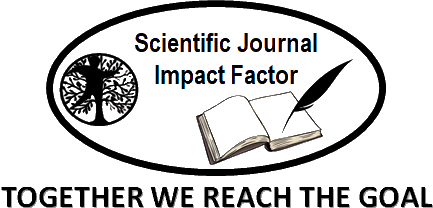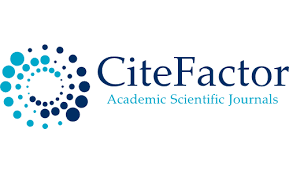Editorial Policies
Any manuscript or substantial parts of it, submitted to the journal must not be under consideration by any other journal. In general, the manuscript should not have already been published in any journal or other citable form, although it may have been deposited on a preprint server. Authors are required to ensure that no material submitted as part of a manuscript infringes existing copyrights, or the rights of a third party.
The editor should give unbiased consideration to all manuscripts offered for publication, judging each on its merits without regard to race, gender, religious belief, ethnic origin, citizenship, or political philosophy of the author(s).
The editor has complete responsibility and authority to accept a submitted paper for publication or to reject it. The editor may confer with reviewers for an evaluation to use in making this decision.
The editor and the editorial staff should not disclose any information about a manuscript under consideration to anyone other than reviewers and potential reviewers.
The editor should respect the intellectual independence of authors.
Editorial responsibility and authority for any manuscript authored by the editor and submitted to the journal should be delegated to some other qualified person. The editor should avoid situations of real or perceived conflicts of interest. If the editor chooses to participate in an ongoing scientific debate within his journal, the editor should arrange for some other qualified person to take editorial responsibility.
The editor should avoid situations of real or perceived conflicts of interest. Such conflicts include, but are not limited to, handling papers from present and former students, from colleagues with whom the editor has recently collaborated, and from those in the same institution.
Unpublished information, arguments, or interpretations disclosed in a submitted manuscript should not be used in an editor's own research except with the consent of the author.
If the editor is presented with convincing evidence that the main substance or conclusions of a paper published in the journal are erroneous, the editor should facilitate publication of an appropriate paper pointing out the error and, if possible, correcting it.

